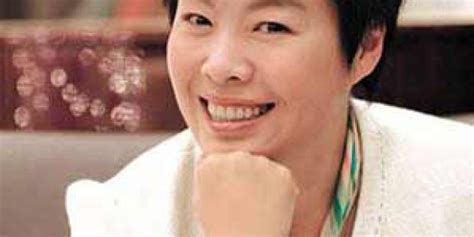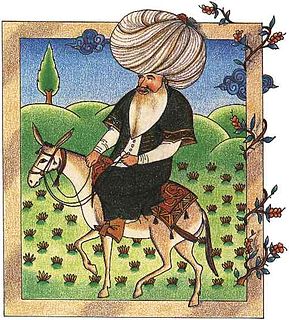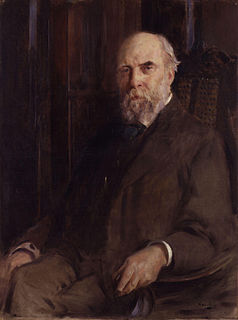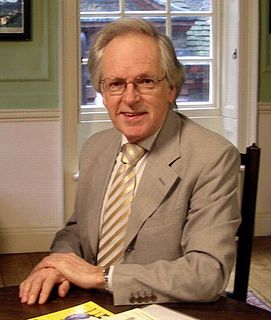A Quote by Lin Yutang
Once Confucius was walking on the mountains and he came across a woman weeping by a grave. He asked the woman what here sorrow was, and she replied, We are a family of hunters. My father was eaten by a tiger. My husband was bitten by a tiger and died. And now my only son! Why don't you move down and live in the valley? Why do you continue to live up here? asked Confucius. And the woman replied, But sir, there are no tax collectors here! Confucius added to his disciples, You see, a bad government is more to be feared than tigers.
Quote Topics
Across
Added
Asked
Bad
Bad Government
Bitten
Came
Collectors
Continue
Died
Disciples
Down
Down And
Eaten
Family
Father
Feared
Government
Grave
His
Hunters
Husband
Live
More
Mountains
Move
My Husband
Now
Once
Only
Only Son
See
She
Sir
Son
Sorrow
Tax
Than
Tiger
Tigers
Up
Valley
Walking
Weeping
Why
Woman
Related Quotes
Kong Qiu, or Master Kong as he was known, did not live to see his days of glory. During his lifetime, his views were received with scorn. But that was about two thousand five hundred years ago. A handful of his dedicated followers passed on Confucius' teachings to future generations.
After Confucius' death, his followers published his teachings in the book, The Analects of Confucius.
Here is an example of Confucius sayings: "It does not matter how slowly you go so long as you do not stop." In a few words, Confucius teaches us about patience, perseverance, discipline, and hard work. But if you probe further, you will see more layers. Confucius' philosophies have significantly influenced spiritual and social thought. His views bear insight and depth of wisdom. You can apply his teachings in every sphere of life. Confucius' profound teachings are based on humanism.
Tzu Chang asked Confucius about jen. Confucius said, "If you can practice these five things with all the people, you can be called jen." Tzu Chang asked what they were. Confucius said, "Courtesy, generosity, honesty, persistence, and kindness. If you are courteous, you will not be disrespected; if you are generous, you will gain everything. If you are honest, people will rely on you. If you are persistent you will get results. If you are kind, you can employ people.
Though Confucius served the Duke of Lu, a Chinese state, he made many enemies with the nobles of the land. His views antagonized the powerful nobles, who wanted the Duke to be a puppet in their hands. Confucius was exiled from the State of Lu for more than two decades. He lived in the countryside, spreading his teachings.
The Hasidic rabbi, Zuscha, was asked on his deathbed what he thought the kingdom of God would be like. He replied, "I don't know. But one thing I do know. When I get there I am not going to be asked, 'Why weren't you Moses? Why weren't you David?' I am only going to be asked, 'Why weren't you Zuscha? Why weren't you fully you?'"
From woman, man is born; within woman, man is conceived; to woman he is engaged and married. Woman becomes his friend; through woman, the future generations come. When his woman dies, he seeks another woman; to woman he is bound. So why call her bad? From her, kings are born. From woman, woman is born; without woman, there would be no one at all.
What Confucius tells us to focus on first is not how to bring stability to the world, but how to be the best possible version of ourselves. To "cultivate one's moral character" is the first step towards taking responsibility for the nation, and for society. Confucius and his disciples struggled hard to be "the best version" of themselves, but their aim in this was to better carry out their responsibilities to the society in which they lived.
I talked to my mother about it a lot. I asked her what it was like to grow up in New York and Harlem in the 1920s and 1930s, and I asked her about a woman leaving her husband. I asked her about how she would feel about that woman, and my mother grew up in the Church Of God In Christ, and she told me that the woman might be isolated because the other women thought she might go and come after their husbands. That's how they thought then.
As Confucius once said, 'He who does nothing is the one who does nothing.'" Gabby pondered the words, the furrowed her brow. "did Confucius really say that?" Sunglasses in place, Stephanie managed the tiniest of shrugs. "No, but who cared? The point is, they handled, and most likely they found some sort of self-satisfaction in their industrious-ness. Who am I to deprive them of that?



































